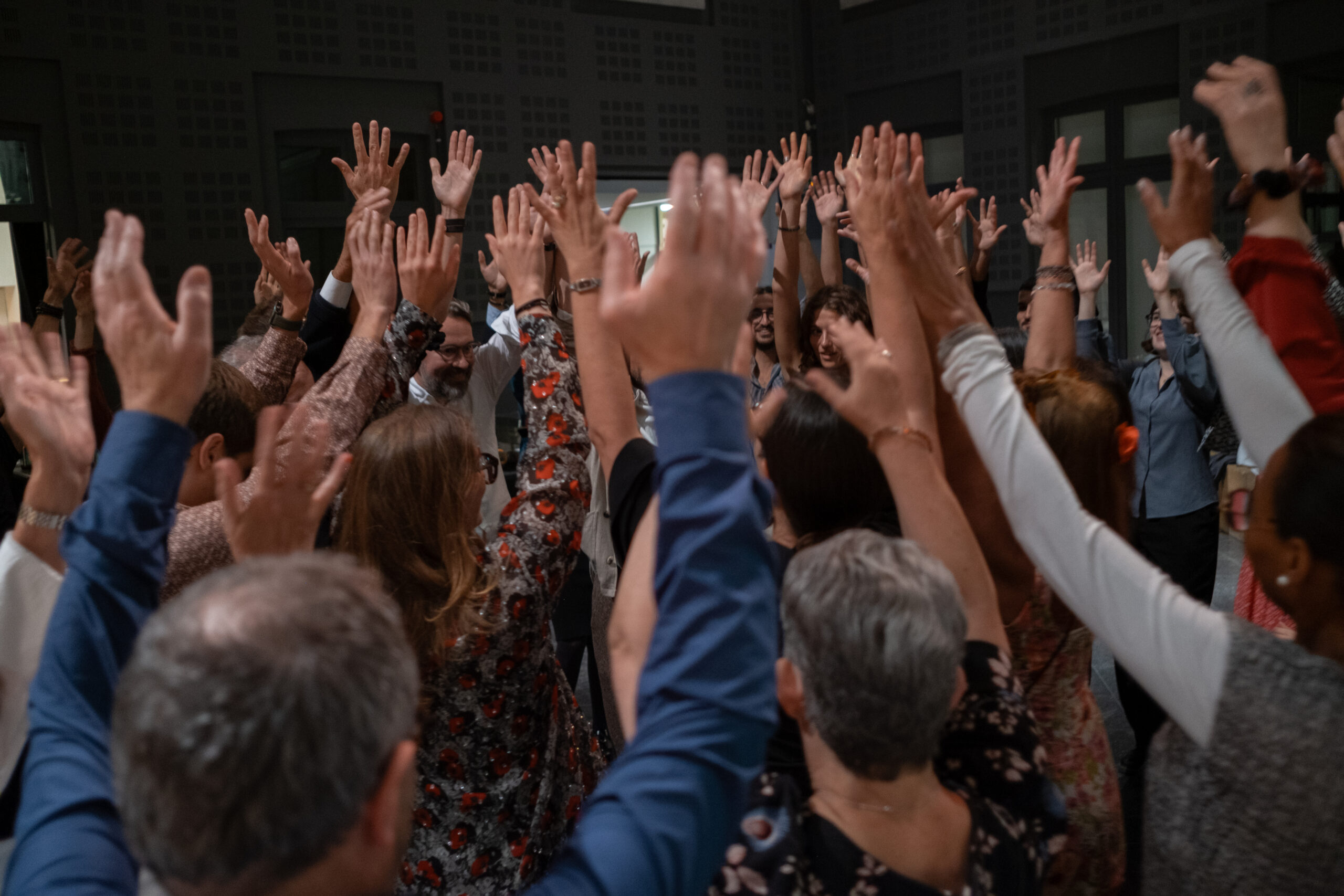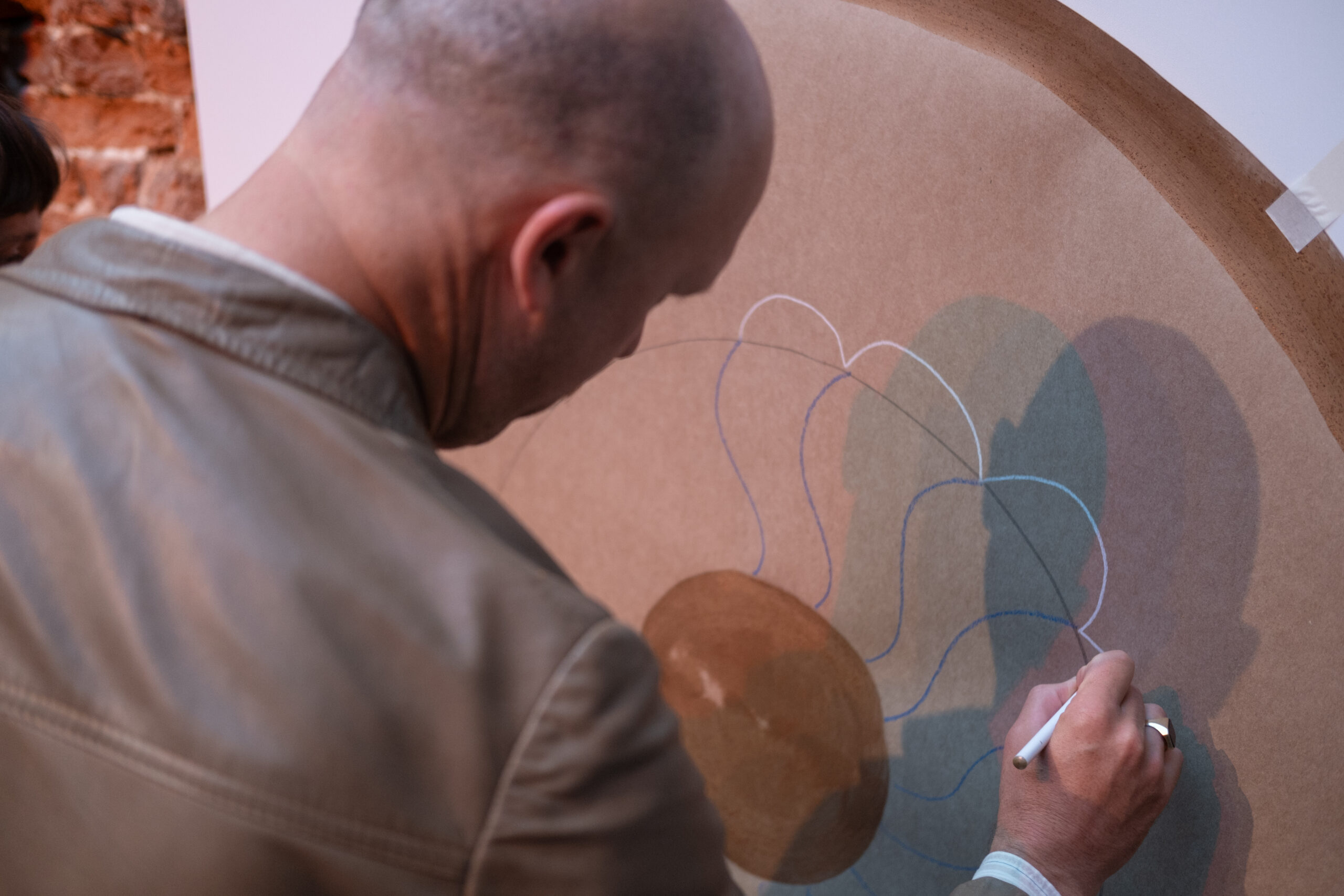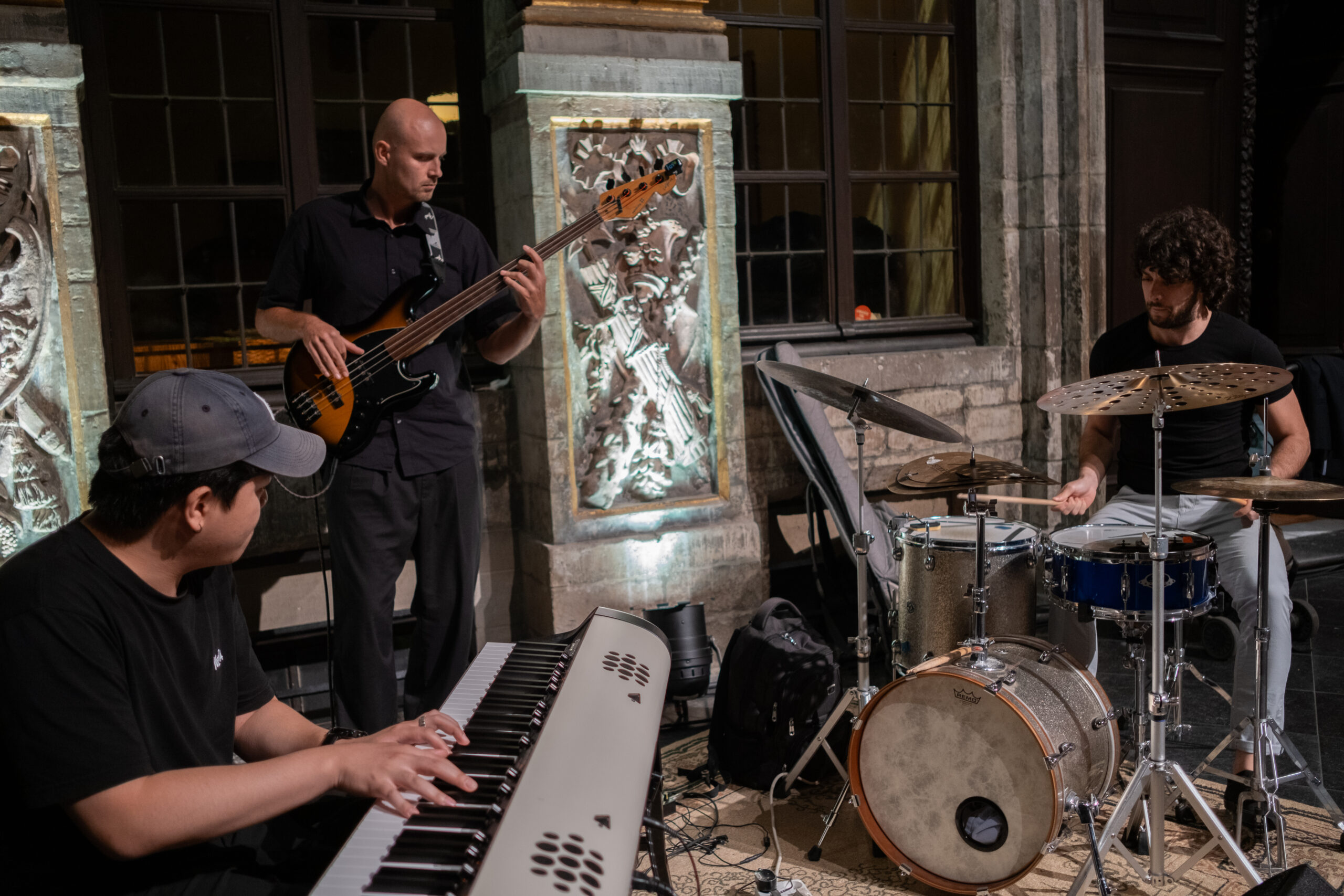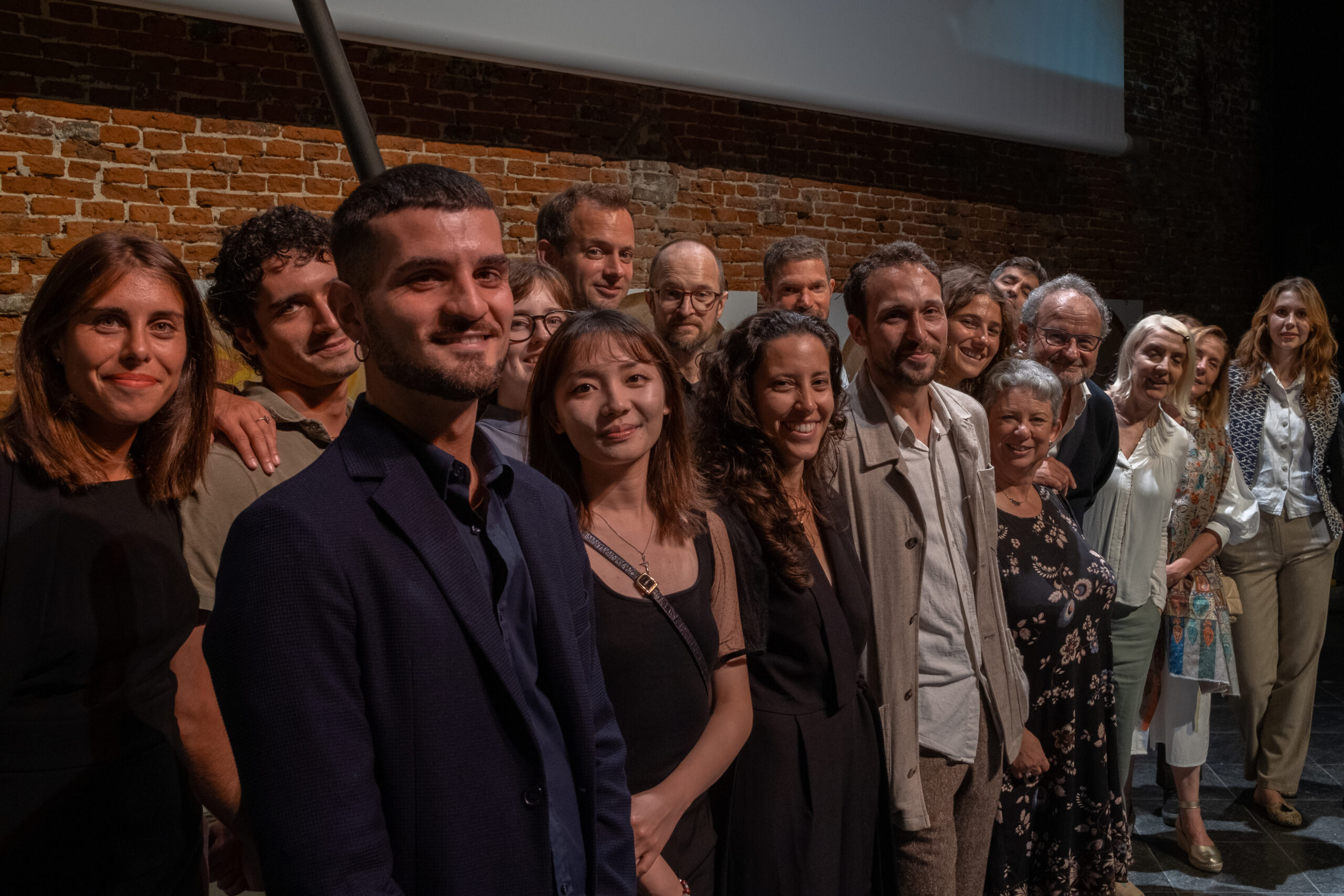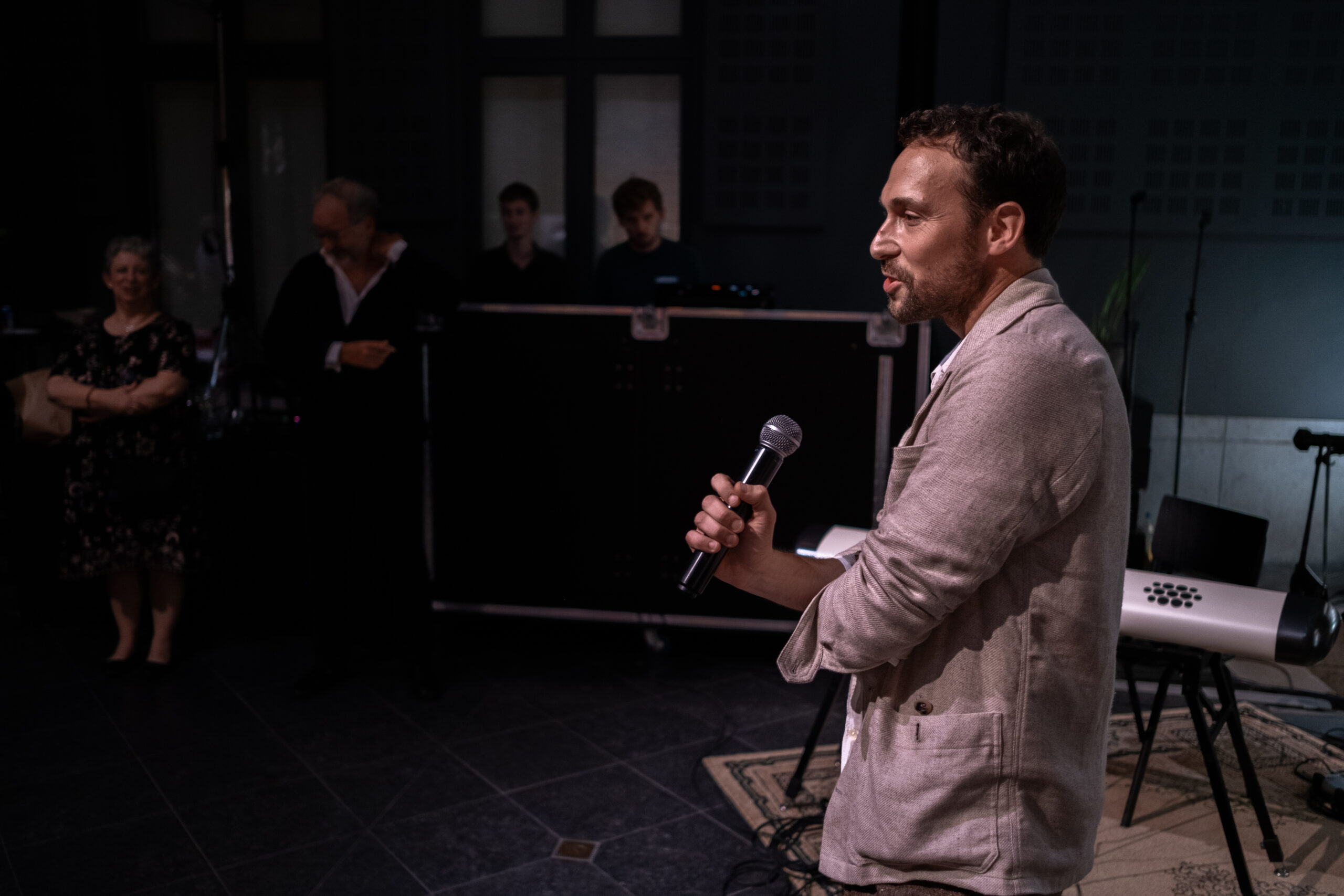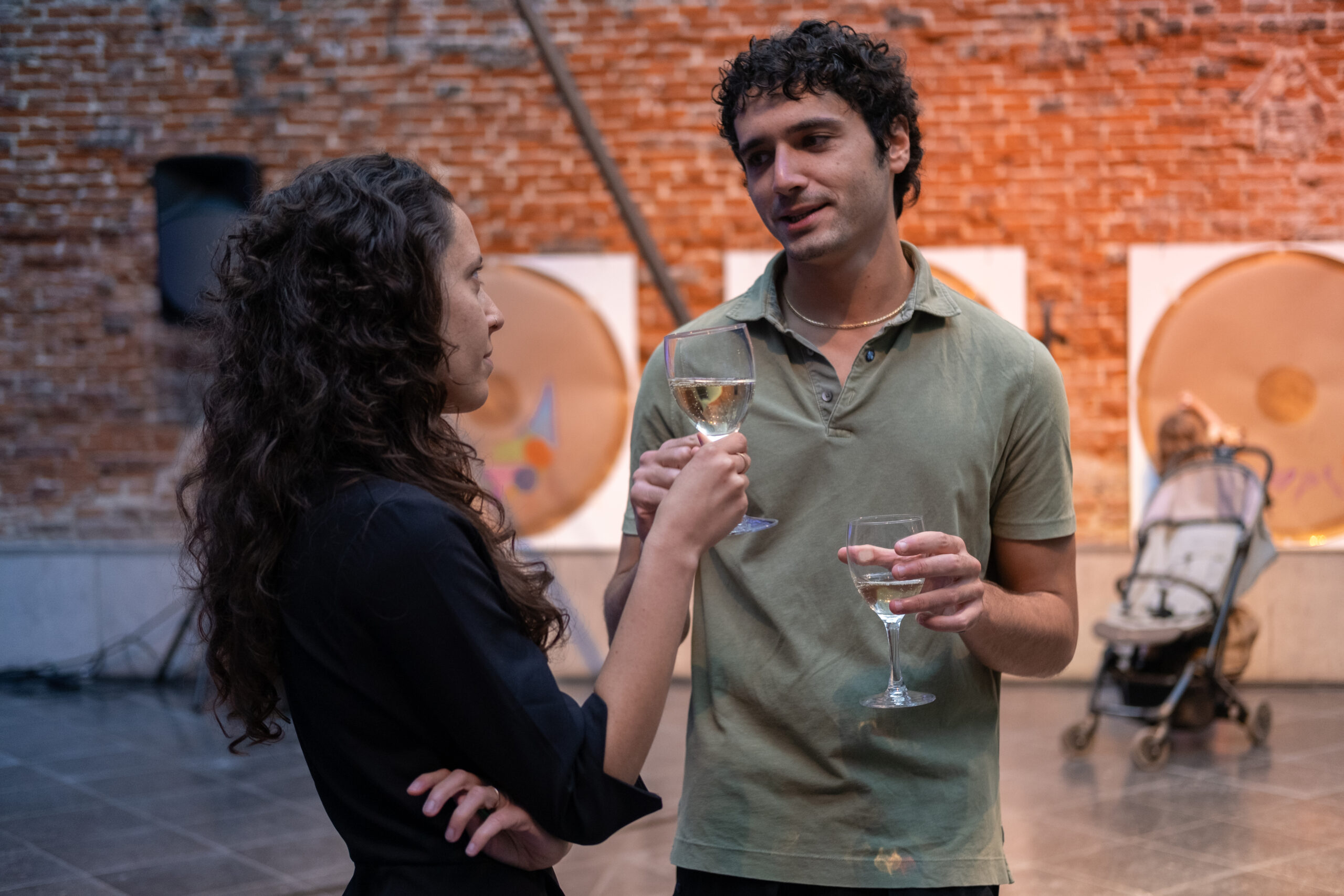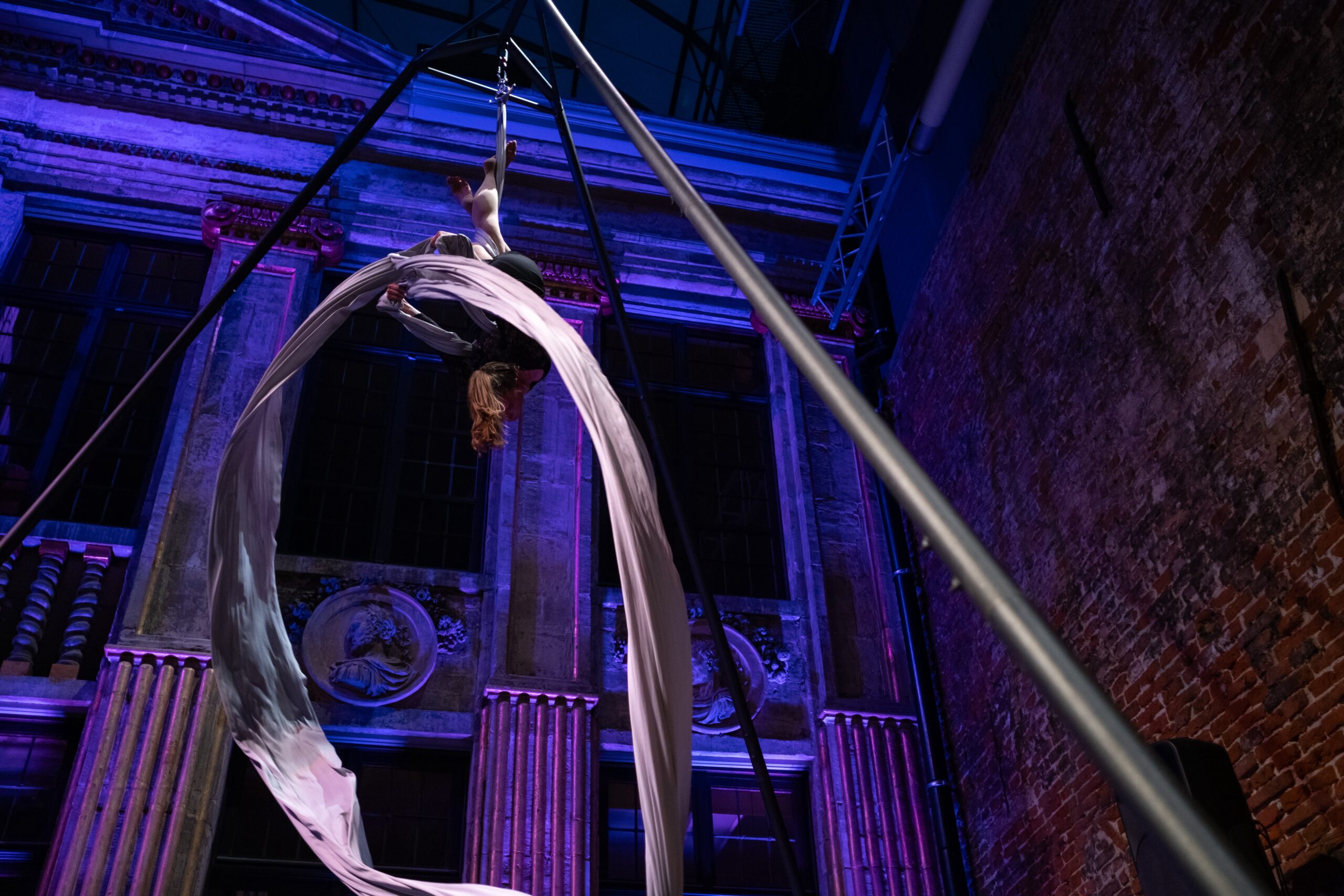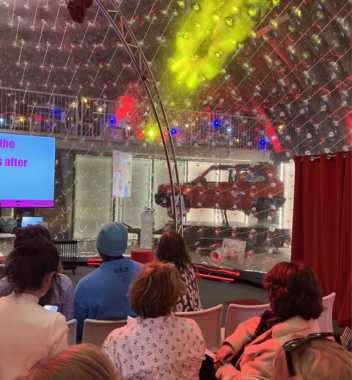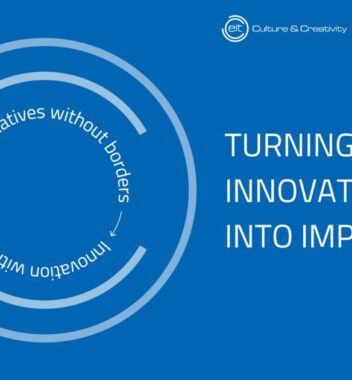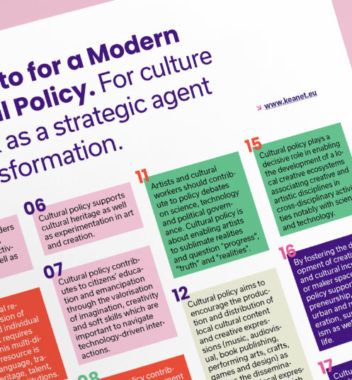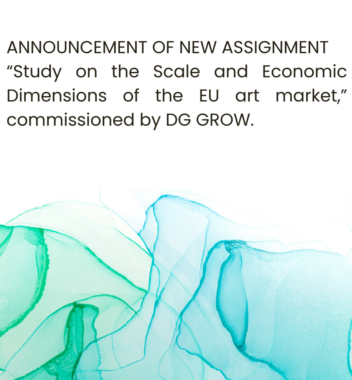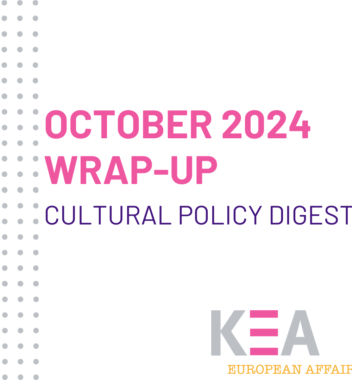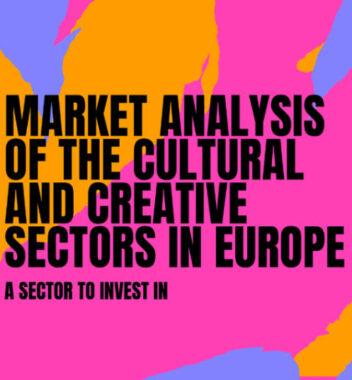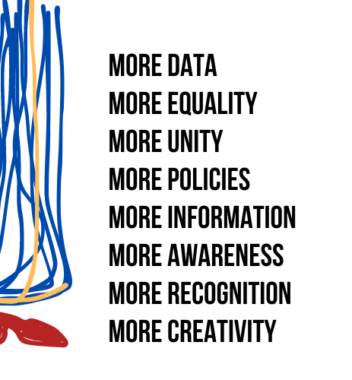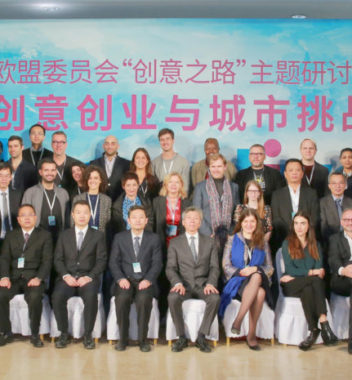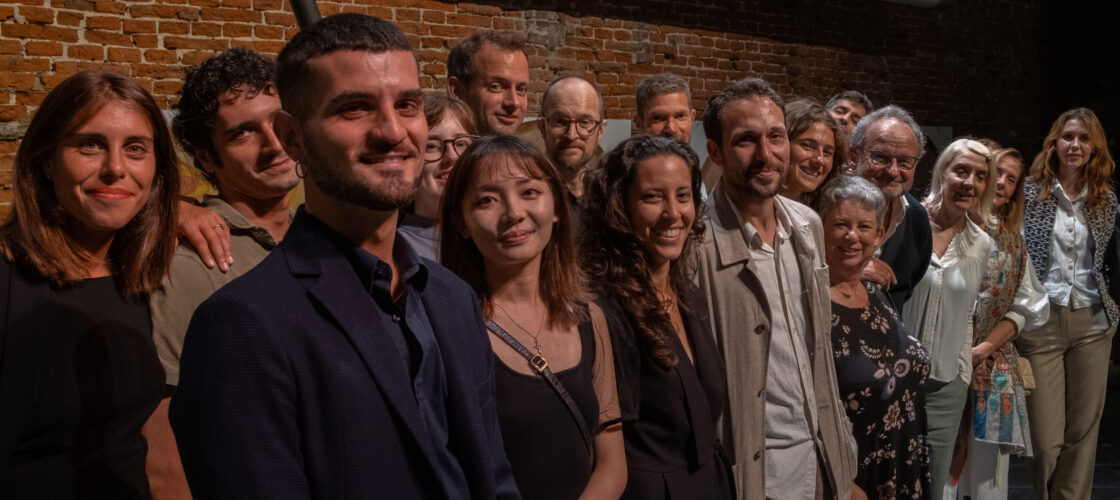
In September, KEA European Affairs celebrated a remarkable milestone — 25 years of pioneering cultural policy and creative sectors development across Europe and beyond. KEA was founded by Philippe Kern in Brussels in 1999 with the mission to unlock the potential of culture and sport for economic, social and sustainable development.
A specialist in copyright and EU law, Philippe Kern graduated from the College of Europe (Brugge) and founded KEA drawing on his professional experience in the Music and Film industries. The company was established during a period of significant upheaval as the Cultural and Creative sectors were grappling with the rise of digital services and the resulting market changes. KEA emerged as an expert advisor, offering strategic insights and policy recommendations to advise cultural actors and policymakers on how to navigate the new landscape.
Some key projects and contributions
Over the years, KEA has been involved in numerous landmark projects that have shaped cultural policy across Europe and influenced global practices. One of the early significant contributions was the “Study on the Economy of Culture in Europe,” commissioned by the European Commission in 2006 in preparation of the future Creative Europe programme and the EU cultural strategy. This groundbreaking study provided a comprehensive analysis of the Cultural sectors’ impact, highlighting its multidimensional role in the context of the European project for job creation, innovation, cultural dialogue and social cohesion. The comprehensive mapping became a reference point for policymakers internationally and was instrumental in positioning the Cultural and Creative sectors as a key component of the European project in both its economic and social dimension.
The research influenced Chinese authorities, who had prioritized the development of cultural and creative industries as a strategic goal. As a result, KEA was engaged to advise several bodies, including the Ministry of Commerce and the Shenzhen Municipal Government, from 2008 to 2018.
With a view to help the fragmented Cultural sectors pool its resources, KEA founded trade associations in Music (IMPALA), Film (EFCA), and launched, as part of an initiative from the European Parliament, b.creative,a global network for cultural and creative entrepreneurs.
At the EU level, KEA pioneered the first research on the significance of structural funds for cultural investment in regional development (2012). It also contributed to the preparatory action plan for establishing an EU policy on culture in external relations (2014), and recently prepared the first study analysing the video games sector across Europe (Understanding the Value of a European Games Society, 2023).
The company works alongside universities and research centers on large-scale European research projects (Horizon), notably in the field of cultural heritage (Ilucidare, ARCHE) and data mapping (Cicerone), and capturing the social impacts of Culture (MESOC). It also contributes to numerous studies and evaluations of regulations in copyright and in the Audiovisual sector.
Since 2011, KEA has acted as lead expert for the Council of Europe’s peer review activities, benefiting eight member states. It supported the drafting of the Recommendation on Culture to Address Global Challenges (2022) and the policy guidelines on Artificial Intelligence and Culture (2024).
The company has provided technical assistance to national and local authorities in more than 40 countries, offering functional reviews, strategy development, and impact assessments. Recent assignments have included studies on the European Capitals of Culture, work in the Western Balkans (Kosovo, North Macedonia, Serbia), Morocco, Saudi Arabia, and Ukraine.
A defining feature of KEA’s work is its interdisciplinary approach and strong team spirit, aimed at integrating cultural policy considerations into other policy areas such as innovation, economy, trade, decentralization, entrepreneurship, social cohesion, and values. This holistic perspective is driven by the belief that culture is not merely a supplement to development but a potential driving force behind it. The diversity and energy of KEA’s team, with its wide range of backgrounds and expertise, further strengthen this interdisciplinary approach, fostering innovative solutions.
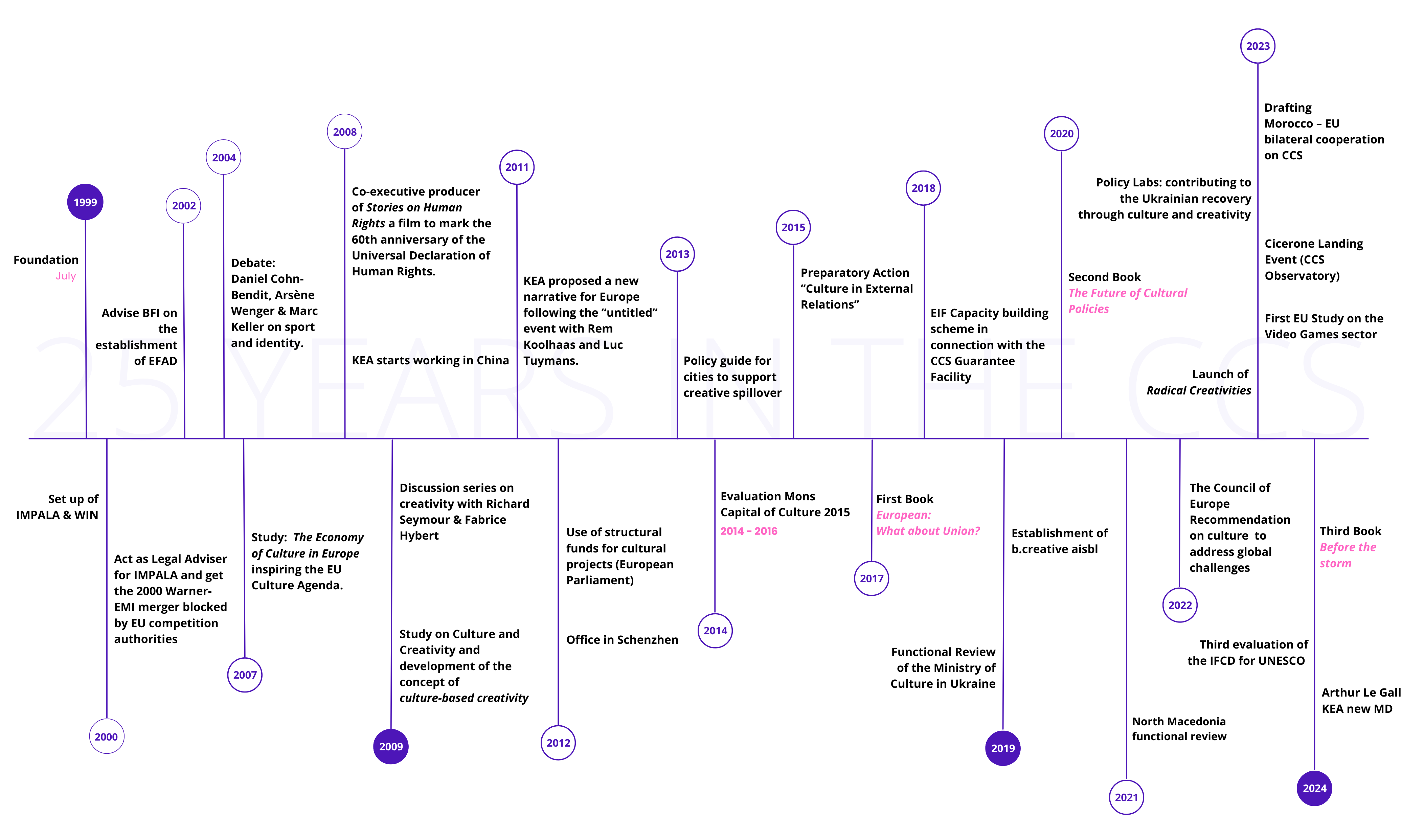
(click here to open KEA’s Timeline)
What’s next?
KEA has been able to constantly rely on a strong team of passionate individuals to build its reputation and credibility. KEA’s new managing director Arthur Le Gall and the KEA team are constantly keeping abreast of the needs, challenges and trends of the cultural and creative sectors to root our work in the realities dynamic landscape of the creative economy. This strong foundation has enabled the development of narratives that effectively justify public and private investment in culture, a capacity that will remain invaluable in the future.
As the world faces rapid technological changes, environmental crises, and shifting social dynamics, the role of culture in shaping our collective future has never been more critical. Regulations and policies must ensure that conditions remain conducive to stimulating human creativity and promoting artistic integrity, all while respecting cultural diversity.
Environmental sustainability has also become a central pillar of public policy, with the cultural and creative sectors poised to play a key role in inspiring more sustainable behaviors and environmental stewardship.
Inclusivity will remain a core objective of future cultural policies, addressing the challenge of truly democratizing access to cultural resources and activities.
Lastly, cross-border collaboration will be key to promoting international cultural exchanges, preserving cultural diversity, and fostering greater mutual understanding and dialogue among nations.
The evolving landscape presents a wealth of new opportunities to the cultural and creative sectors, ensuring they not only adapt to the challenges ahead but also thrive as drivers of social and political development. KEA looks forward to contributing to this ambitious journey.
